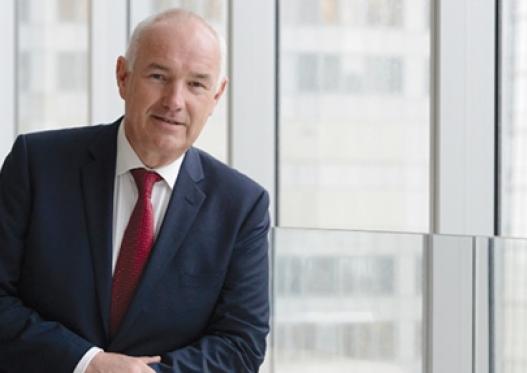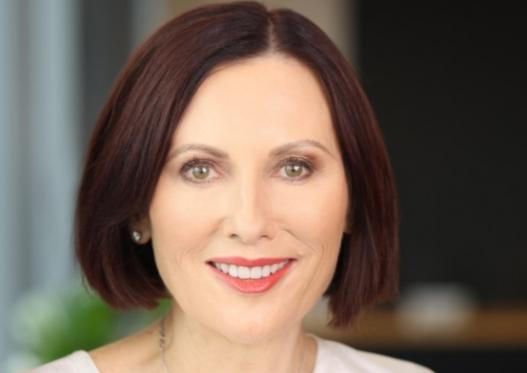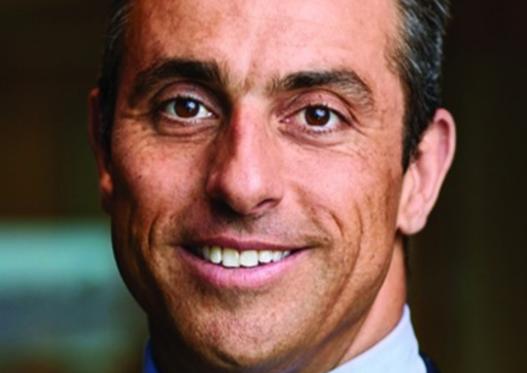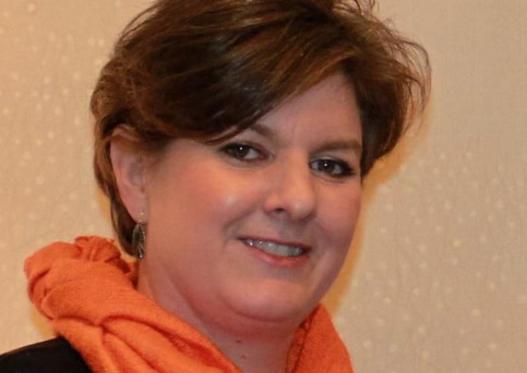Purpose and an aspirational culture are the key focus for FINSIA’s professional qualifications in New Zealand.
FINSIA President Victoria Weekes Chartered Banker SF FIN made the remarks in a speech streamed live in Wellington where Deputy Prime Minister Honourable Grant Roberston spoke to an audience of senior leaders at the official launch of the Professional Banking Fundamentals.
Find out more about the Professional Banking Fundamentals
After talking through FINSIA’s origins that date back to 1886, Victoria highlighted the organisation’s aims.
“Like our predecessors, the Institute of Banking and Finance (AIBF) and the Securities Institute, today’s FINSIA connects institutions, industry, government, and regulators with the shared goal to raise professional standards of competency and conduct in banking and financial services” she said.
“This, in turn, raises trust in our industry and pride for FINSIA members to deliver better customer and community outcomes.
“We believe, this is achieved through professional education, ongoing professional development, and engagement within a professional community, who all commit to, and abide by, FINSIA’s Code of Conduct and standards of professionalism.”
While noting the government’s focus on a strong economy - and a strong and reputable banking system, through both prudential standards and conduct risk management, which was reflected in the industry’s strength and standing today - she did suggest that purpose had an important role to play.
“I think we all accept that regulation is not the total solution,” she said.
“It is important for institutions and individuals working in our industry to focus on our social and economic purpose, and the impact we have on the community and the economy.
“Delivering to that “purpose” requires good governance, a professional culture and competent people who take personal responsibility for their actions, and are willing to speak-up when things go wrong.
“Recent history – certainly in Australia - has reminded us that when we stray from an ethical and professional banking culture that significant problems emerge.
“I believe governments recognise the important role played by not-for-profit professional membership bodies, like FINSIA, to develop an aspirational culture, share best practice and support continuous learning for those in the industry.
“At FINSIA we support this vision through a professional banking program that is relevant to every person working in a bank, and associated with banking - whether in frontline customer facing roles, in regulation and risk management, or supporting the delivery of crucial business services to the industry.”
The PBF - which is the first step in FINSIA’s professional education pathway to the globally recognised Chartered Banker qualification - “will help New Zealand banks and bankers maintain their leadership, and strengthen their people’s skills to consistently deliver to the expectations of the community they serve,” Victoria said.
Encouragingly, enrolment numbers in the PBF are growing ‘as practitioners choose to develop their professional competencies and skills, and their build career prospects’ - and organisations like NAB in Australia and Bank of New Zealand, have a comprehensive rollout of FINSIA’s program across their workforce.
The complete Chartered Banker program - which leads to the internationally recognised Chartered Banker designation - is also now available in New Zealand.
For those with substantial industry experience, the fast tracked pathway via Chartered Banker by Experience is also an option and has already been completed by FINSIA Senior Fellow and New Zealand National Council member Leon Grandy, who was awarded Chartered Banker status through that program.
Victoria concluded the speech reiterating FINSIA’s long held aims.
“FINSIA’s purpose of professionalism and raising professional standards, is all about supporting a strong and vibrant banking and financial services industry, and those who work in it,” she said.
“In turn, we believe, this will help deliver not only pride in our industry and prosperity to customers and the community, but also the economy at large, with community confidence an essential prerequisite to a vibrant and resilient economy.”








